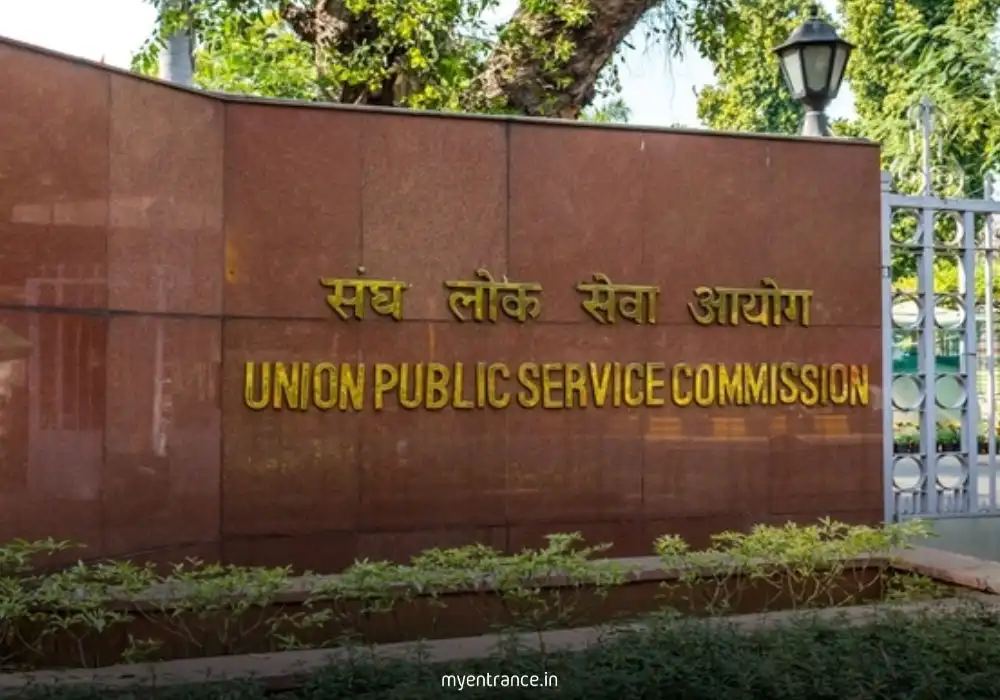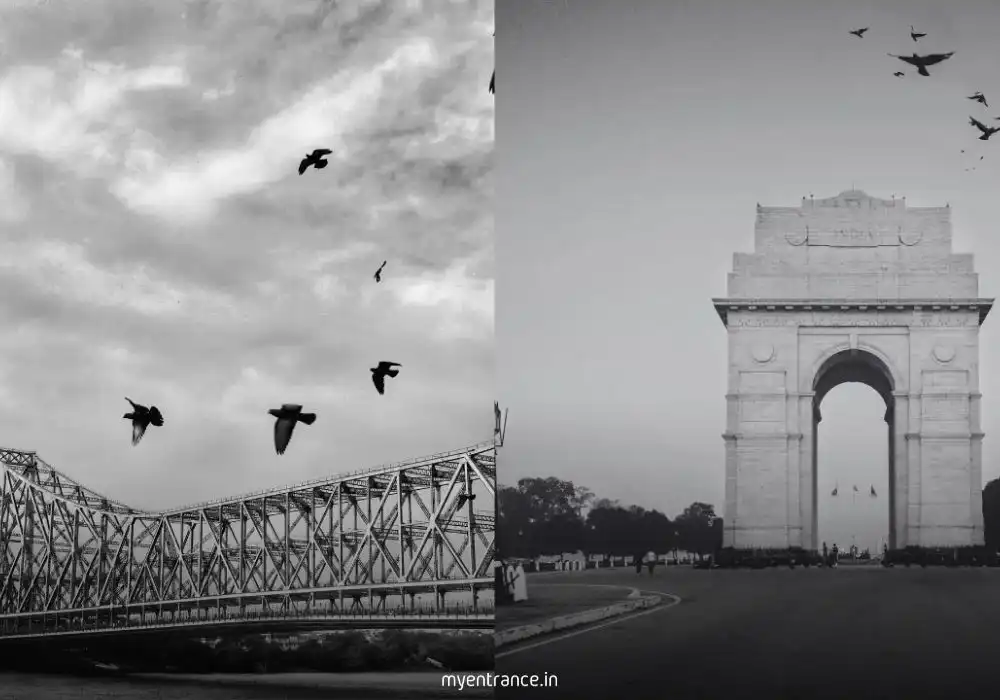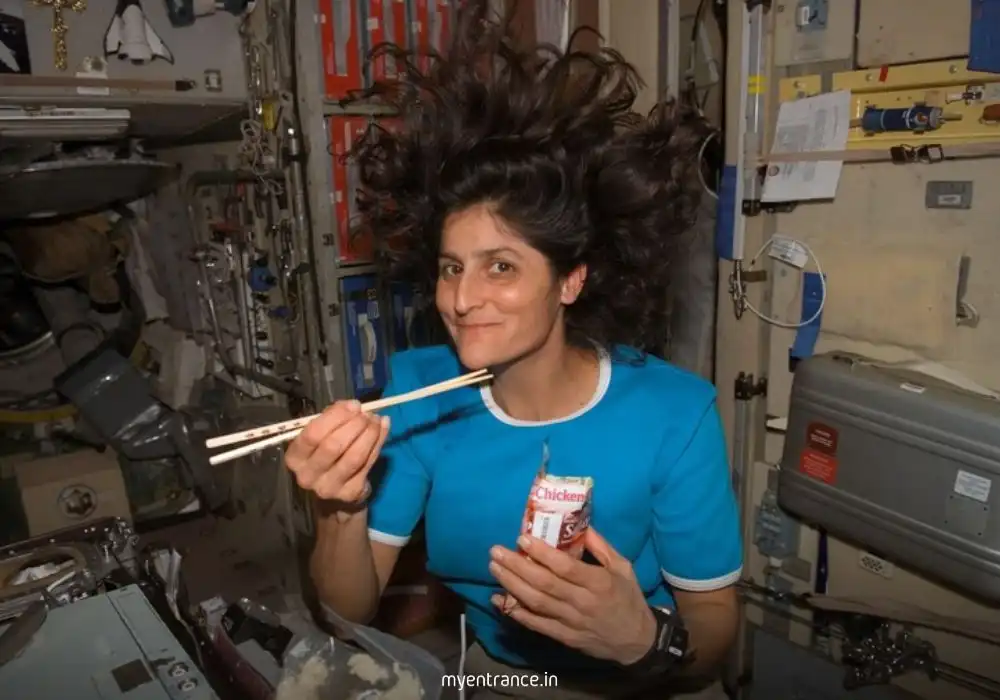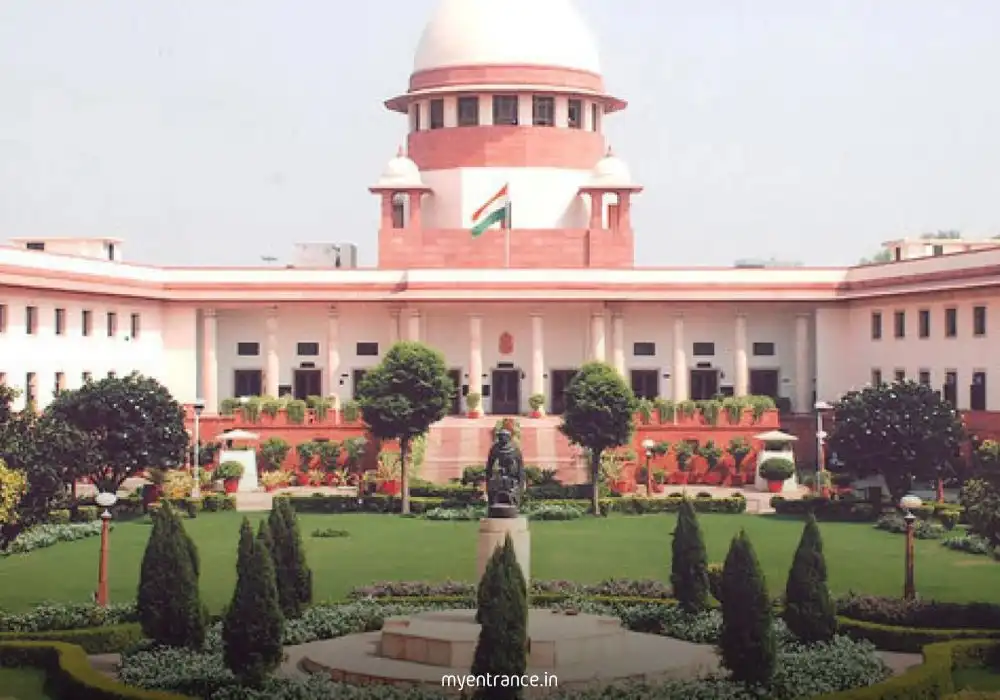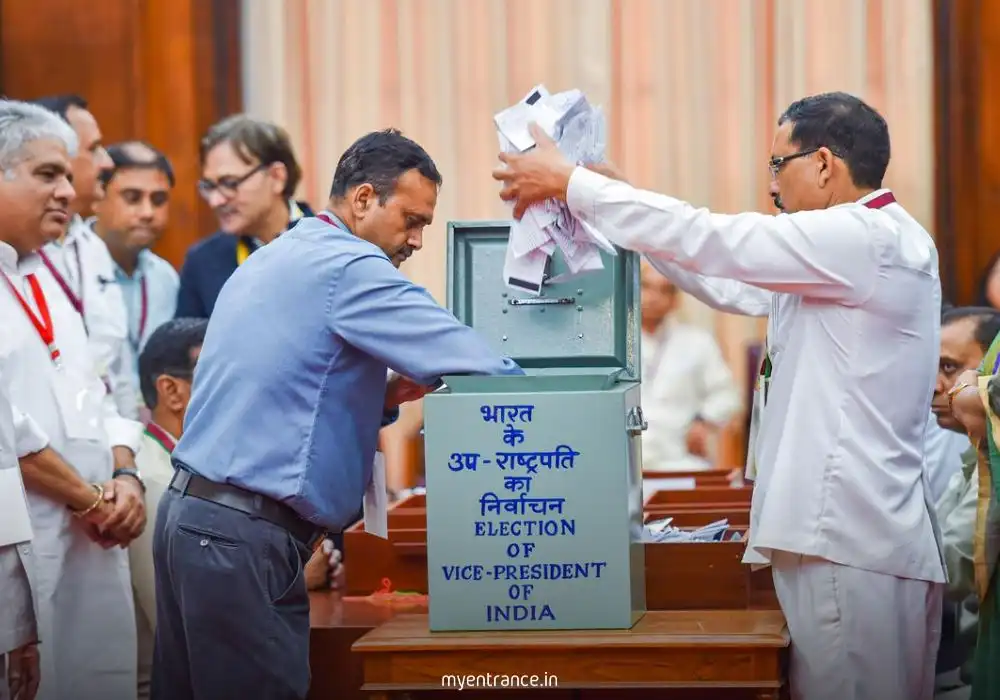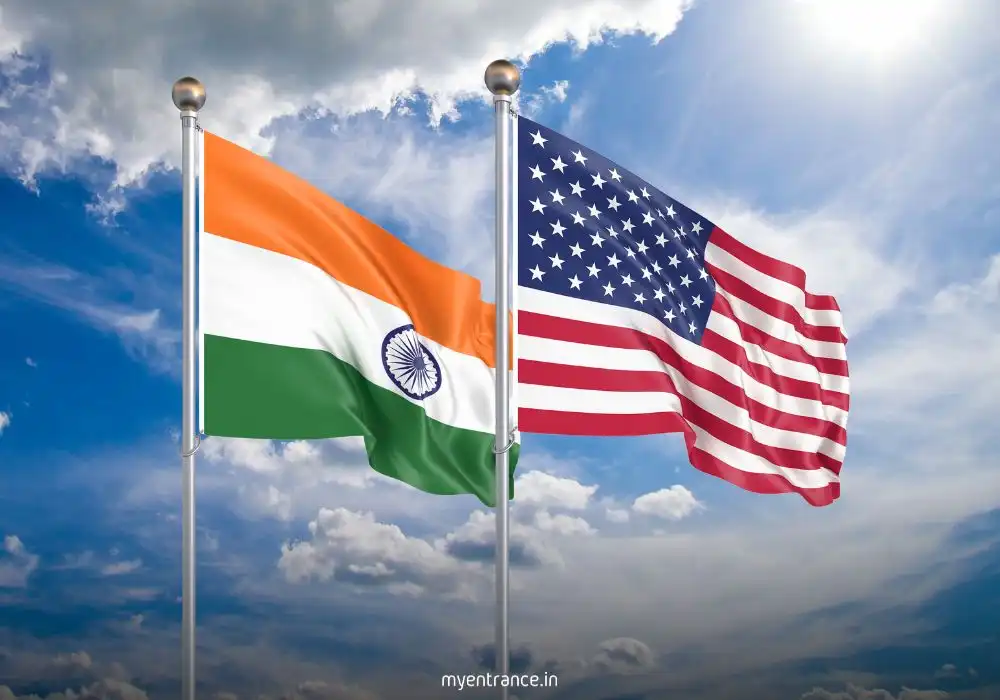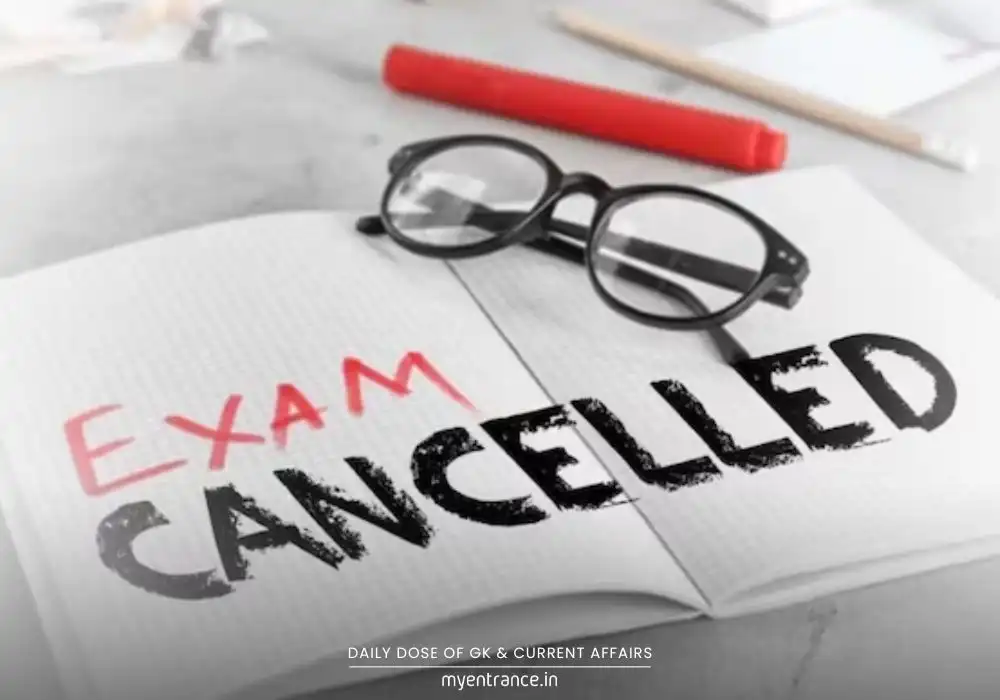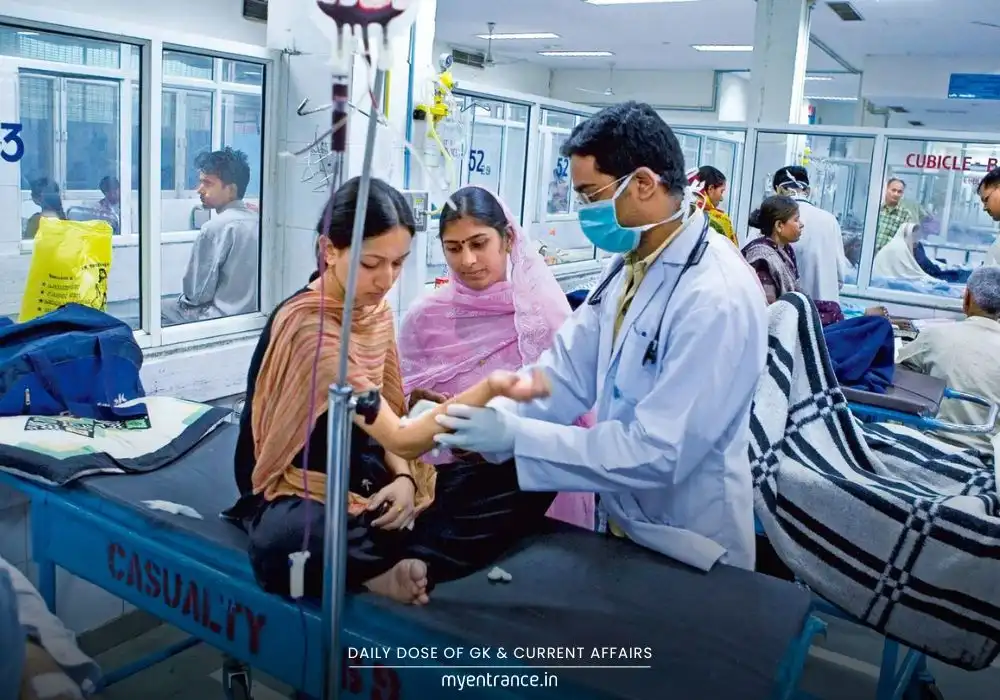Translate Language
Why Courts Are Questioning Arya Samaj Marriages? Exam-Critical Analysis
Arya Samaj marriages face intense judicial scrutiny over allegations of bypassing legal safeguards. Recent court orders highlight concerns about underage unions and anti-conversion law violations. This issue intertwines modern legal challenges with India’s socio-religious history—essential reading for competitive exams.
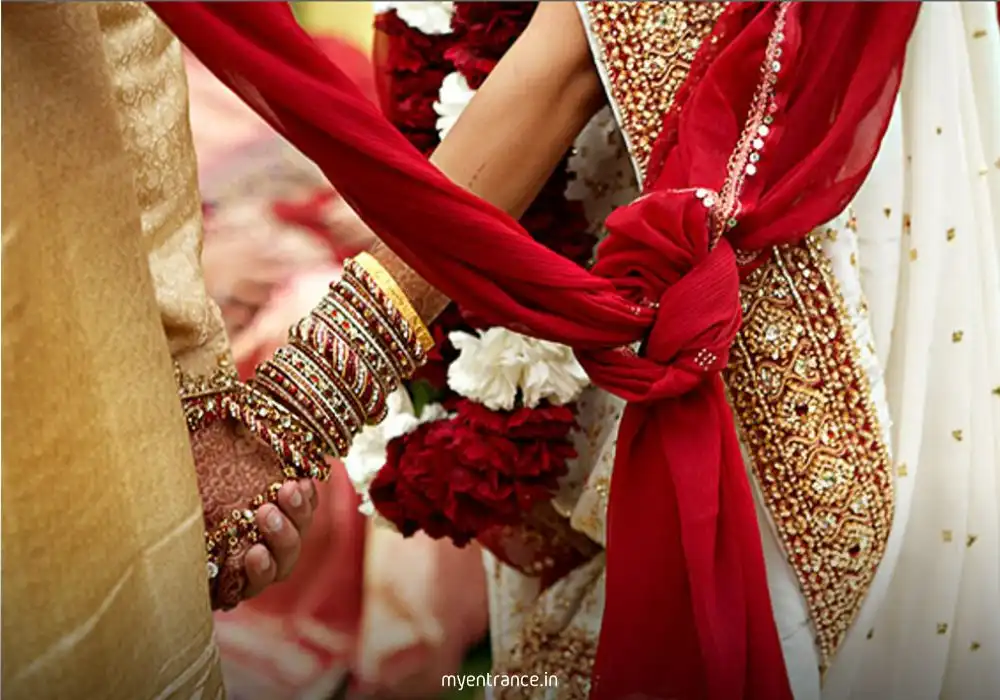
Why Arya Samaj Marriages Are Under Legal Scrutiny
Imagine two young lovers from different communities rushing to marry without family approval. For decades, Arya Samaj temples offered a swift solution: a simple ceremony recognized under Hindu law. But today, this very convenience has landed these marriages in courtrooms across India. Let’s break down why.
The flashpoint emerged when the Allahabad High Court ordered the UP government to investigate “fake Arya Samaj societies.” Justice Prashant Kumar’s directive came during a harrowing case: a Muslim man accused of kidnapping a minor Hindu girl, forcibly converting her, and marrying her via an Arya Samaj temple. The court noted widespread violations of UP’s anti-conversion law and marriage registration rules.
But why target Arya Samaj? Founded in 1875 by Swami Dayanand Saraswati, this reform movement championed progressive ideals:
Rejection of caste barriers and idol worship
Advocacy for women’s education and widow remarriage
Pioneering interfaith marriages via “shuddhi” (purification), allowing converts to retain Hindu caste status
Historically, Arya Samaj filled a critical gap. Before the Special Marriage Act (1954), it was the only avenue for Hindus to marry outside their caste/religion without social ostracization. Even today, the Hindu Marriage Act (1955) recognizes Arya Samaj weddings for Hindus, Buddhists, Jains, and Sikhs—provided the non-Hindu partner converts.
Here’s the problem: The very features that made these weddings popular are now under fire:
Lightning-fast ceremonies (often under 2 hours)
Minimal paperwork and lax age/identity checks
Instant “shuddhi” conversions for non-Hindus
This ease attracts eloping couples—especially interfaith pairs—but also enables misuse. Fake temples allegedly facilitate child marriages, forced conversions, and evasion of anti-conversion laws like UP’s. Courts aren’t alone in reacting:
The Supreme Court (2022) questioned Arya Samaj’s authority to issue marriage certificates
The Delhi High Court mandated verified witnesses for such weddings
A pending SC petition debates whether Arya Samaj marriages should comply with the Special Marriage Act
The core conflict? Balancing Dayanand Saraswati’s reformist legacy against modern legal frameworks designed to prevent exploitation.
Why This Matters for SSC, UPSC, PSC Exams
This topic hits multiple exam hotspots:
Prelims: Covers “Indian Society” and social reform movements (Arya Samaj’s role)
Mains:
GS-I: Salient features of Indian society, reform movements (Dayanand Saraswati’s contributions)
GS-II: Issues related to marriage laws, secularism, and judicial interventions
Current Affairs: Links to gender justice, anti-conversion laws, and judicial activism
Personality Focus: Swami Dayanand Saraswati (“maker of modern India”) and his ideals
Questions & Answers
Q1. Arya Samaj marriages face legal scrutiny primarily due to:
Ans: Allegations of bypassing age verification, violating anti-conversion laws, and enabling child/forced marriages through lax procedures.
Q2. How did Arya Samaj facilitate interfaith marriages historically?
Ans: Through “shuddhi” conversion rituals, allowing non-Hindus to convert to its Vedic monotheistic Hinduism and marry while retaining caste identity.
Q3. Which two laws recognize Arya Samaj marriages today?
Ans: The Hindu Marriage Act (1955) for Hindus, Buddhists, Jains, and Sikhs; and historically, as a precursor to the Special Marriage Act (1954).
Q4. Why is Swami Dayanand Saraswati called the “maker of modern India”?
Ans: He founded Arya Samaj, rejecting casteism/idolatry, advocating women’s education, opposing child marriage, and pioneering cow protection movements—laying groundwork for social reform.
Q5. What judicial actions have targeted Arya Samaj marriages recently?
Ans: Allahabad HC’s probe order into fake temples, SC’s scrutiny of marriage certificates, Delhi HC’s witness verification mandate, and an ongoing SC petition about compliance with SMA.
Get 3 Months Free Access for SSC, PSC, NIFT & NID
Boost your exam prep!
Use offer code WELCOME28 to get 3 months free subscription. Start preparing today!

